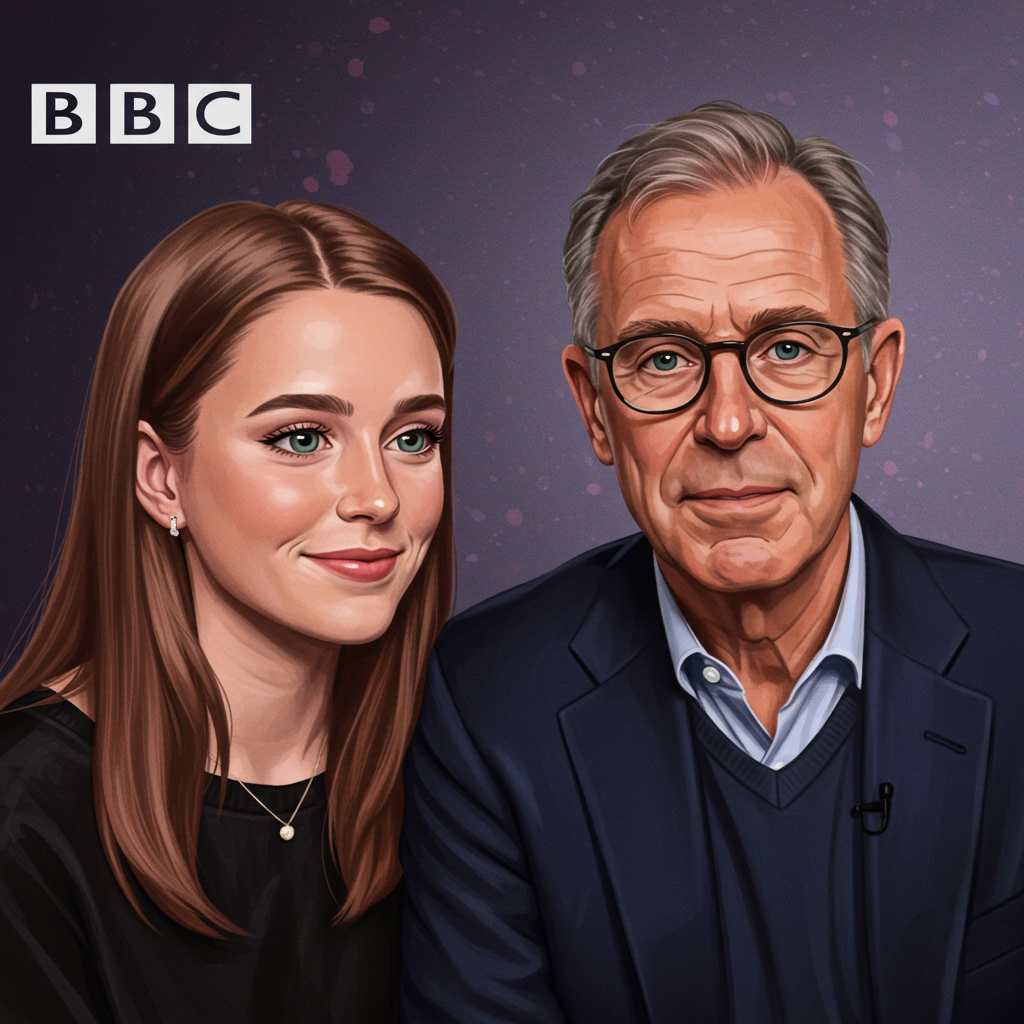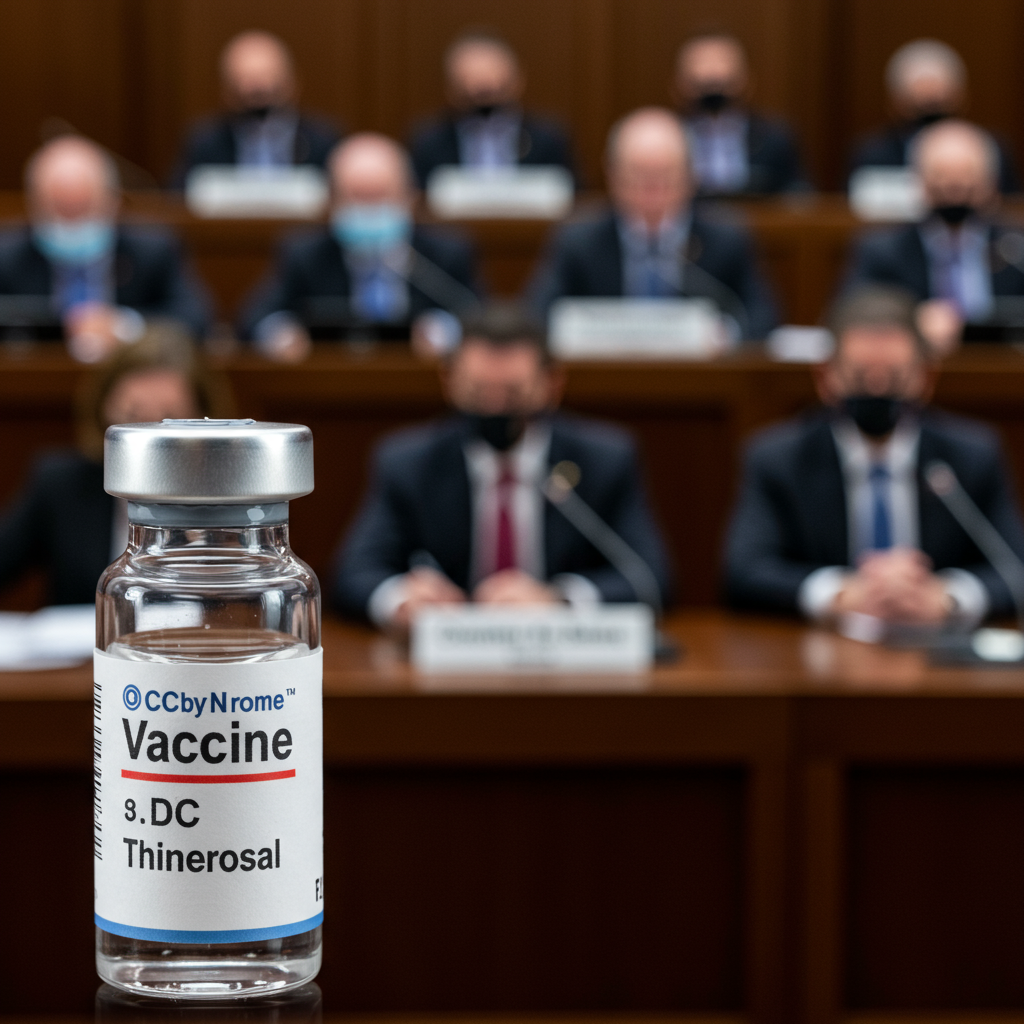Finding Light After Loss: John Hunt Shares Enduring Legacy of Love
BBC racing commentator John Hunt is speaking out nearly a year after an unspeakable tragedy struck his family. In an emotional first interview with the BBC, John and his daughter Amy share how the powerful “legacy of love” left by his murdered wife, Carol, and their two daughters, Louise and Hannah, has been a source of strength amidst unimaginable trauma and grief.
Despite the passage of time since the horrific events in July last year, Carol, Louise, and Hannah remain a constant, vibrant presence in John’s life. He reveals he still talks to them every single day.
“From the moment I wake up, I say good morning to each of them,” John shares, describing this daily ritual. “Sometimes I say out loud to Hannah and Louise, ‘girls, sorry I can’t be with you, I’m with your mum at the moment’. As I close my eyes at night, I chat to them as well. They’re very close to me all the time.”
Why John and Amy Are Speaking Out
Choosing this moment to speak publicly was a deliberate decision for John and Amy. Their primary motivation is to ensure that Carol, Louise, and Hannah are remembered not for the brutal way they died, but for the full, beautiful lives they lived. Amy stresses, “I want to breathe life back into my mum, Hannah and Louise as fully-rounded people.”
They also felt compelled to counter the significant amount of inaccurate media reporting that followed the murders, which they say added greatly to their pain.
Recalling a Life Awash with Happiness
The Hunt family shared previously unseen personal photos with the BBC, reflecting a closeness that defined them. Carol was an unwavering support for John, encouraging him to pursue his dream of becoming a racing commentator when he was a police officer. This belief was mirrored in their three daughters: Amy, Hannah, and Louise. They shared everything and talked constantly, a testament to their deep bond.
John, Carol, Hannah, and Louise lived together at their home in Bushey, Hertfordshire. Louise ran a dog-grooming business from a garden pod, while Hannah worked in aesthetics and beauty. Their life, John remembers, was “one of complete happiness – awash with it, really.”
He fondly recalls a particularly poignant evening just two months before the murders. The three sisters had gone out for sushi, and upon returning, Hannah was effusive about their conversation. “She came barnstorming through the door,” John recounts. When Carol asked if they’d had a lovely time, Hannah responded, “Do you know what, mum? We talked about how lucky we have been. We have been so lucky. We’ve not had a minute of concern or worry through the lives you’ve given us.”
“It’s a beautiful thing to recall,” John says. “It was a beautiful thing to hear at the same time.”
Challenging the Narrative: Rejecting Misinformation
The family suffered a second trauma in the wake of the murders: widespread media misrepresentation. John states that “from day one” their family, particularly Louise, was “completely misrepresented in the media and on social media.”
A particularly painful falsehood was the suggestion that Louise was in a controlling and coercive relationship with her former partner, Kyle Clifford, the man who murdered her, her sister, and her mother. John and Amy strongly reject these claims, describing them as “victim-blaming.”
They recount other inaccuracies, such as reports claiming John discovered the bodies (which was false), and the unauthorized use of personal photos from their loved ones’ social media pages. John condemned this practice as “grave-robbing.”
The Relationship with Clifford: No Hint of the Horrific Violence
While John and Amy admit the family had some “misgivings” about Kyle Clifford – finding him immature, inconsiderate, and poor at handling conflict – they are adamant that there were no clear signs he was capable of such extreme violence.
They describe Louise’s relationship with Clifford as appearing “unremarkable” for a year, filled with affection, shared activities, and holidays. While retrospective review of Louise’s text messages revealed signs of “gentle manipulation” closer to the time of the breakup in spring 2024, they stress that they never witnessed physical abuse or even heard them raise their voices at each other.
Amy puts it bluntly: “Did we have any indication that this man was capable of stabbing my mother, of tying Louise up, of raping Louise, of shooting Louise and shooting Hannah? Absolutely not.” They express a profound wish for any hint that could have forewarned them. They argue that focusing solely on terms like “crossbow killer” or “maniac” distracts from the disturbing reality that he was seemingly “just a person” who led a normal life before committing these acts.
Navigating a System “Not Fit for Purpose”
The aftermath of the tragedy plunged John and Amy into the criminal justice system, an experience they found deeply challenging and often traumatizing. While they praise the “incredible people” who supported them – including police officers, family liaison officers, their barrister, and the judge – they describe the system itself as “clearly not fit for purpose,” feeling it often “prioritises the perpetrator.”
They recount distressing incidents: learning gruesome details of the murders for the first time in magistrates’ court because their support officers were unavailable; Amy finding out details of Hannah’s final brave 999 call from a newspaper headline; being told a hearing was postponed because prison transport failed to arrive for Clifford; and Clifford refusing to attend his sentencing to hear the judge’s remarks or the victim impact statements.
The Crown Prosecution Service has since apologised for the level of detail shared at an initial hearing.
Hannah’s Courageous Act: A Gift of Life
Amidst the horror, the family finds strength in the extraordinary bravery of Hannah in her final moments. Despite being mortally wounded, Hannah managed to message her boyfriend and call 999, providing crucial information, including identifying Clifford. Seasoned police officers were astonished by her clarity and presence of mind under duress.
John profoundly believes Hannah’s actions saved his life, allowing authorities to swiftly identify the perpetrator. “Her doing that has given me life,” he states. “And I’ve used that to re-ground myself on a daily basis.”
Finding a Path Forward
In the months following Clifford’s conviction in March, John and Amy have focused on the arduous process of living again. John admits he initially questioned how he could ever care about anything after such loss. However, through support from counsellors, groups, mindfulness, and their own deep bond, they are finding “some light again.”
Above all, John sees his continued existence as a profound gift from Hannah. “I get to live,” he reflects. “Hannah gave me that.”
The family hopes that by sharing their story, they can honour the memory of Carol, Louise, and Hannah, ensuring their lives, love, and legacy are what define them.
The full interview, “Standing Strong: The John and Amy Hunt interview,” is available on BBC iPlayer.



